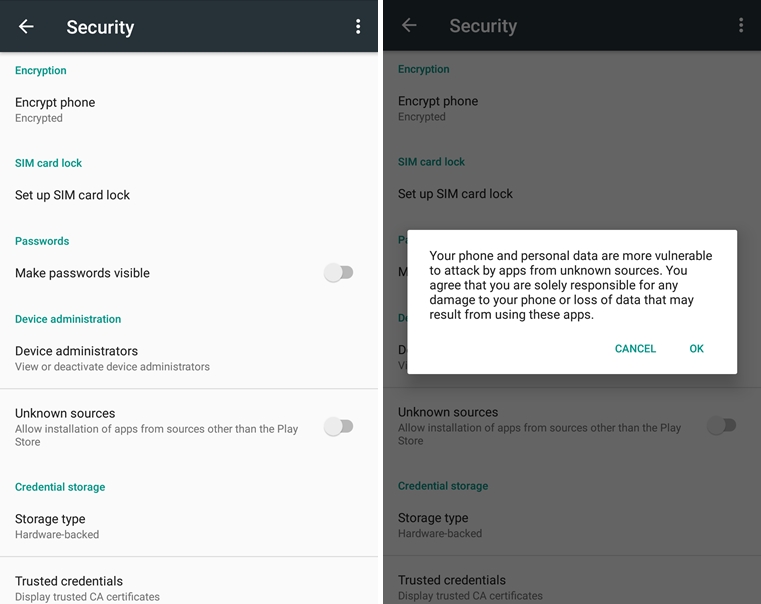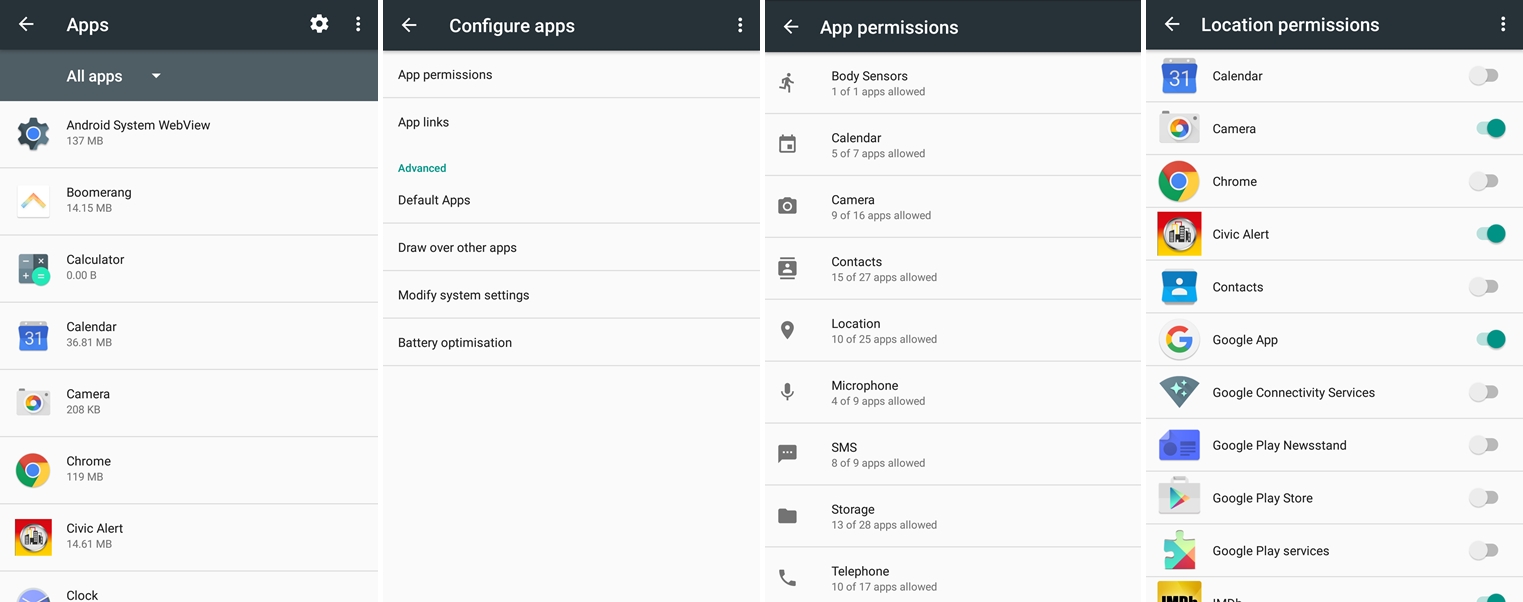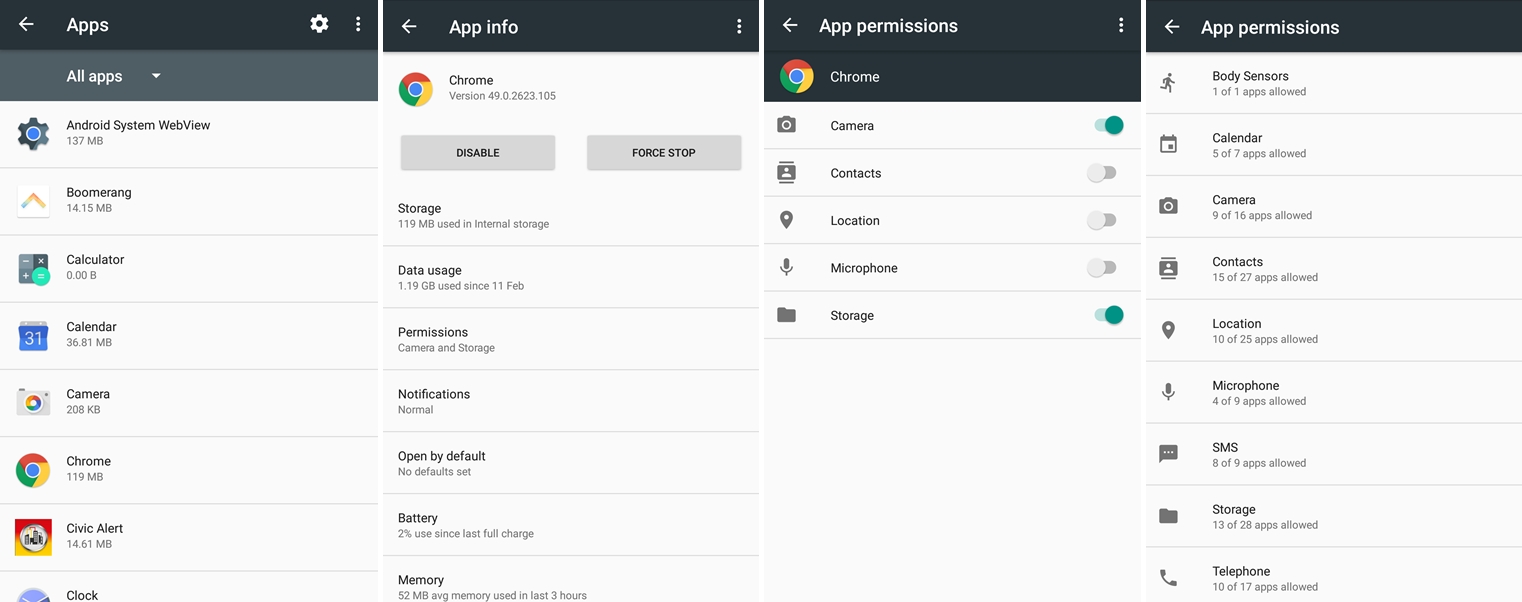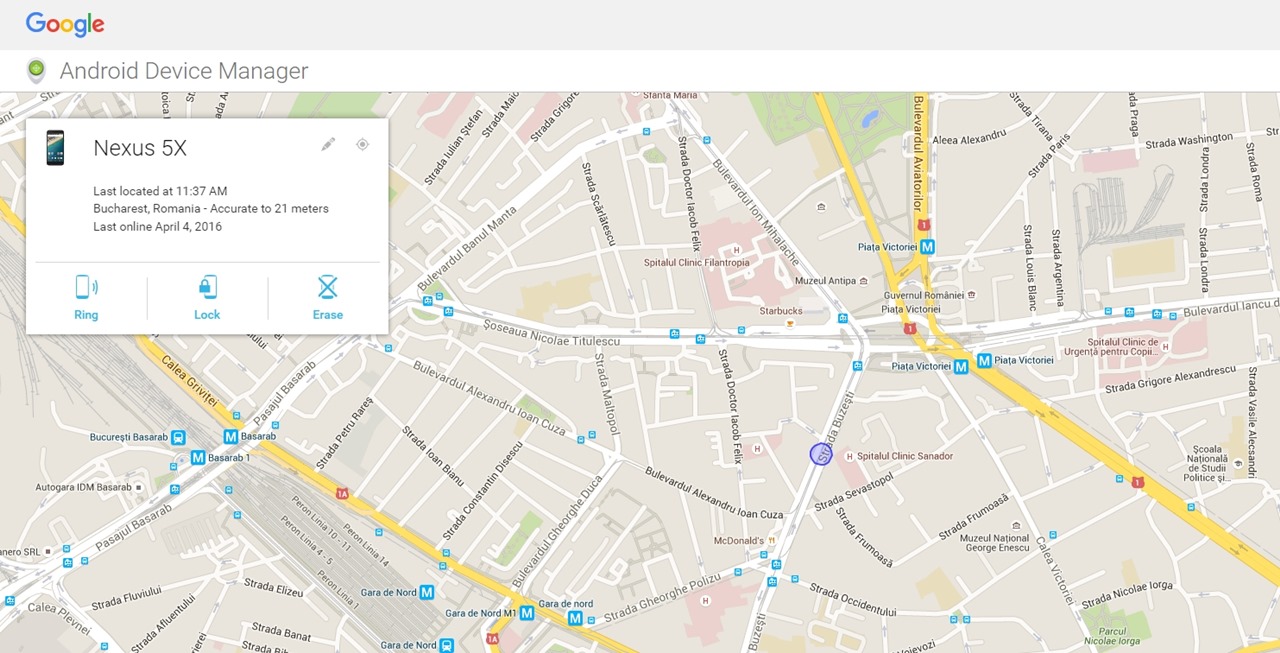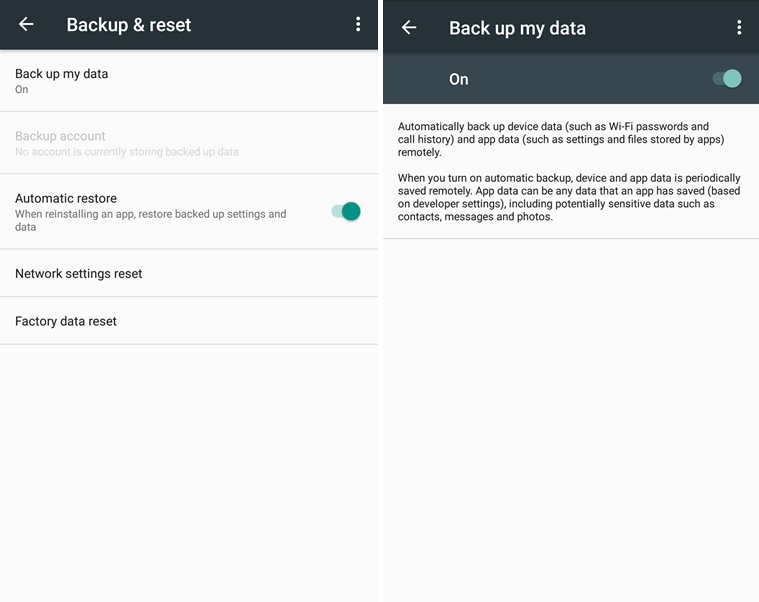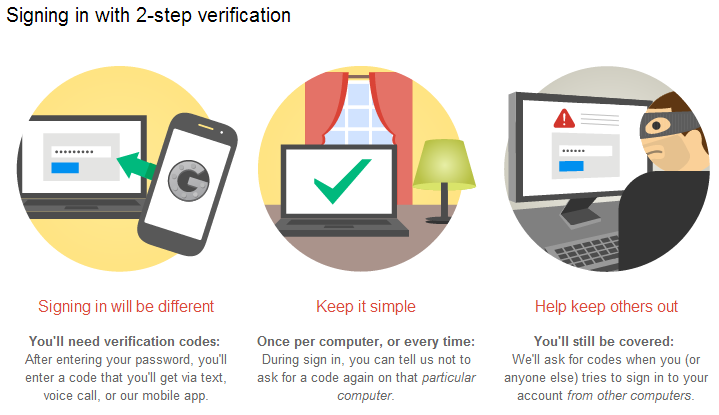Six Free Vulnerability Scanners
Friday, June 27, 2014 Unknown 0 Comments Category :
Vulnerability scanners can help you automate security auditing and can play a crucial part in your IT security.
They can scan your network and websites for up to thousands of different security risks, producing a
prioritised list of those you should patch, describe the vulnerabilities, and give steps on how to remediate them. Some can even automate the patching process. Though vulnerability scanners and security auditing tools can cost a fortune, there are free options as well.
Some only look at specific vulnerabilities, but there are also those that offer broad IT security scanning.
1. OpenVAS
The Open Vulnerability Assessment System (OpenVAS) is a free network security scanner platform, with most
components licensed under the GNU General Public License (GNU GPL). The main component is available via several Linux packages or as a downloadable Virtual Appliance for testing/evaluation purposes. Though the scanner itself doesn't work on Windows machines, they
offer clients for Windows. The main component of the OpenVAS is the security scanner, which only can run in Linux. It does the actual work of scanning and receives a feed updated daily of Network Vulnerability Tests (NVT), more than 33,000 in total.The OpenVAS Manager controls the scanner and provides the intelligence. The OpenVAS Administrator provides a command-line interface and can act as full service daemon, providing user management and feed management.
There are a couple clients to serve as the GUI or CLI. The Greenbone Security Assistant (GSA) offers a web-based
GUI. The Greenbone Security Desktop (GSD) is a Qt- based desktop client that runs on various OSs, including
Linux and Windows. And the OpenVAS CLI offers a command-line interface.
OpenVAS isn't the easiest and quickest scanner to install and use, but it's one of the most feature-rich,
broad IT security scanners that you can find for free. It scans for thousands of vulnerabilities, supports concurrent scan tasks, and scheduled scans. It also offers note and false positive management of the scan
results. However, it does require Linux at least for the main component.
2. Retina CS Community
Retina CS Community provides vulnerability scanning
and patching for Microsoft and common third-party
applications, such as Adobe and Firefox, for up to 256
IPs free. Plus it supports vulnerabilities within mobile
devices, web applications, virtualised applications,
servers, and private clouds. It looks for network
vulnerabilities, configuration issues, and missing
patches.
The Retina CS Community software essentially provides
just the patching functionality. Retina Network
Community is the software that provides the
vulnerability scanning, which must be separately
installed before the Retina CS Community software.
Retina CS Community installs on Windows Server 2008
or later, requires the .Net Framework 3.5 to be installed,
IIS server enabled, and Microsoft SQL 2008 or later to be
installed. Keep in mind, installation on Domain
Controllers or Small Business Servers is not supported.
Once the software is installed you're provided with a GUI
program for Retina Network Community component and a
web-based GUI for the Retina CS Community
component. It supports different user profiles so you can
align the assessment to your job function.
To scan you can choose from a variety of scan and
report templates and specify IP range to scan or use the
smart selection function. You can provide any necessary
credentials for scanned assets that require them and
choose how you want the report delivered, including
email delivery or alerts.
Retina CS Community is a great free offering by a
commercial vendor, providing scanning and patching for
up to 256 IPs free and supporting a variety of assets.
However, some small businesses may find the system
requirements too stringent, as it requires a Windows
Server.
3. Microsoft Baseline Security Analyser (MBSA)
Login | Register Follow us on Twitter
Follow us on Facebook Sign up to newsletters Microsoft Baseline Security Analyser (MBSA) can perform local or remote scans on Windows desktops and servers, identifying any missing service packs, security patches,
and common security misconfigurations. The 2.3 release adds support for Windows 8.1, Windows 8, Windows Server 2012 R2, and Windows Server 2012, while also supporting previous versions down to Windows XP.
MBSA is relatively straightforward to understand and use. When you open it you can select a single Windows
machine to scan by choosing a computer name from the list or specifying an IP address or when scanning multiple machines you can choose an entire domain or specify an IP address range. You can then choose what you want to scan for, including Windows, IIS and SQL administrative vulnerabilities, weak passwords, and
Windows updates. Once the scan is complete you'll find a separate report
for each Windows machine scanned with an overall security classification and categorised details of the
results. For each item you can click a link to read details on what was scanned and how to correct it, if a
vulnerability were found, and for some you can click to see more result details. The reports are automatically
saved for future reference, but you can also print and/or copy the report to the clipboard. Although free and user-friendly, keep in mind that MBSA
lacks scanning of advanced Windows settings, drivers, non-Microsoft software, and network-specific
vulnerabilities. Nevertheless, it's a great tool to help you find and minimise general security risks
4. Nexpose Community Edition
Nexpose Community Edition can scan networks,
operating systems, web applications, databases, and
virtual environments. The Community Edition, however,
limits you to scanning up to 32 IPs at a time. It's also
limited to one-year of use until you must apply for a
new license. They also offer a seven-day free trial of
their commercial editions.Nexpose installs on Windows,
Linux, or virtual machines and provides a web-based
GUI. Through the web portal you can create sites to
define the IPs or URLs you'd like to scan, select the
scanning preferences, scanning schedule, and provide
any necessary credentials for scanned assets.
Once a site is scanned you'll see a list of assets and
vulnerabilities. You can see asset details including OS
and software information and details on vulnerabilities
and how to fix them. You can optionally set policies to
define and track your desired compliance standards. You
can also generate and export reports on a variety of
aspects.
Nexpose Community Edition is a solid full-featured
vulnerability scanner that's easy to setup but the 32 IP
limit may make it impractical for larger networks.
5. SecureCheq
SecureCheq can perform local scans on Windows
desktops and servers, identifying various insecure
advanced Windows settings like defined by CIS, ISO or
COBIT standards. It concentrates on common
configuration errors related to OS hardening, data
protection, communication security, user account
activity and audit logging. The free version, however, is
limited to scanning less than two dozen settings, about
a quarter of what the full version supports.SecureCheq is
a simple tool. After scanning the PC you'll see a list of
all the checked settings and a Passed or Failed result.
Click a setting and you'll find links to references about
the vulnerability, summary of the vulnerability, and how
to fix it. Though you can't save the results for later
viewing in the application, you can print them or view/
save the OVAL XML file.
Although SecureCheq is easy-to-use and scans for
advanced configuration settings, it actually misses some
of the more general Windows vulnerabilities and
network-based threats. However, it complements the
Microsoft Baseline Security Analyser (MBSA) well; scan
for basic threats and then follow up with SecureCheq for
advanced vulnerabilities.
6. Qualys FreeScan
Qualys FreeScan provides up to 10 free scans of URLs or
IPs of Internet facing or local servers or machines. You
initially access it via their web portal and then download
their virtual machine software if running scans on your
internal network.
Qualys FreeScan supports a few different scan types;
vulnerability checks for hidden malware, SSL issues, and
other network-related vulnerabilities. OWASP is for
auditing vulnerabilities of web applications. Patch
Tuesday scans for and helps install missing software
patches. SCAP checks computer settings compliance
against the SCAP (Security Content Automation
Protocol) benchmark provided by National Institute of
Standards and Technology (NIST).
Though you first see just an online tool that appears to
just do scanning via the Internet, if you enter a local IP
or scan, it will prompt you to download a virtual scanner
via a VMware or VirtualBox image. This allows you to do
scanning of your local network. Once a scan is complete
you can view interactive reports by threat or by patch.












